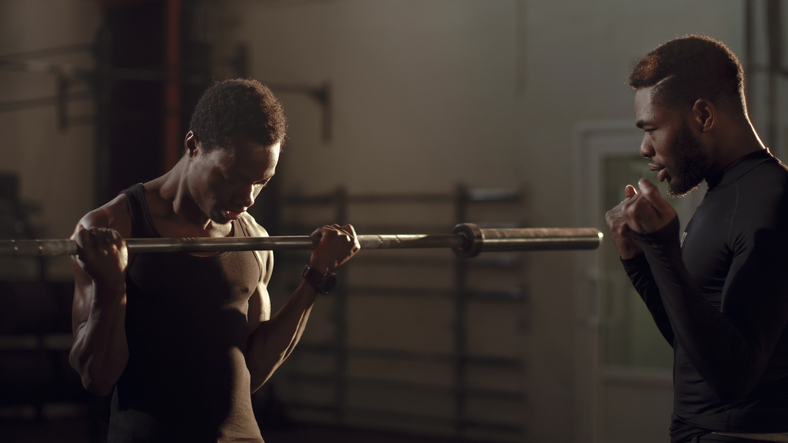Analysis of Municipal Shade Policies
Shade is an essential environmental feature to prevent heat illnesses and skin cancer. A research team led by Klein Buendel has published a description of municipal shade policies in Frontiers in Public Health. Written policies related to shade from municipalities in four southwest and four northeast U.S. states were collected and analyzed.
Municipal codes, planning documents, and manuals/guidelines from 48 municipalities in eight U.S. states were coded for content related to shade by research assistants. A standardized protocol was used to assign numeric codes to each document to assess type of document, type of shade, location, resource allocation, accountability, and design standards. Results were summarized using descriptive statistics.
Three-quarters of municipalities (75.0%) had a policy document that addressed shade, including municipal codes (54.2%), planning documents (29.2%), and manuals/guidelines (12.5%). Protecting from heat (31.3%) was mentioned in policies more than protecting from ultraviolet radiation (8.3%), as was natural shade (56.3%) rather than constructed shade (25.0%). Policies prescribed several design standards, most frequently shade material, proportion of area covered, and attractiveness. Half (50.0%) of municipalities mentioned accountability for shade in the policy, but only a third (35.4%) addressed resource allocation. Regional differences were seen in policy document type, shade type, locations, design standards, and resource allocation.
Many municipalities had policies that mentioned shade, but only a minority of policies indicated that the purpose of the policy was protection from heat or ultraviolet radiation. In northeast municipalities, which can have local home rule traditions, policies on shade appeared almost entirely in municipal codes. Southwest municipalities often included policies in planning documents that may have less legal force than municipal codes.
This research was funded by Klein Buendel and a grant from the National Cancer Institute to the Rutgers Cancer Institute at Rutgers University (CA072720; Dr. Steven Libutti, Principal Investigator). Authors include Phoebe Grutter from Science Park High School, Dr. Margaret Morrissey-Basler from Providence College, Dr. Ian Buller from DLH, Dr. Carolyn Heckman from Rutgers University, and Alishia Kinsey, Taylor Sullivan, and Dr. David Buller from Klein Buendel.




